Google's latest legal maneuver is a last-ditch bid to avoid a rewrite of Android. Google has petitioned the US Supreme Court for emergency relief to halt sweeping changes to its Android app store after losing its antitrust fight with Epic Games. The company asked the court to decide by October 17 whether to pause the order, and it is planning to file its appeal to the Supreme Court by October 27. The stakes reach beyond one platform or one lawsuit, straight into how digital marketplaces are policed.
What exactly is Google fighting against?
The heart of the dispute is control. A federal judge's injunction requires Google to permit rival app stores to be distributed through Play and to make portions of its catalog accessible to competitors. On top of that, developers must be allowed to include external links in apps so users can bypass Google’s billing.
The scale is sweeping. For three years, Google would need to allow third-party stores and alternative payments, a direct hit to how Android has been run. The fight began with Epic’s 2020 lawsuit accusing Google of an illegal monopoly through the Play Store, with a 30 percent commission on in-app purchases and restrictions on competing marketplaces.
Consider the money at issue. Google’s 30 percent cut has generated billions each year, statista estimates Google Play's gross revenue reached approximately $47.4 billion in 2022. Now courts are saying that model crushes competition so much that Google must open the gates, even share access to the very app catalog that fueled its profits. Think of it like a big-box department store being told to host rival boutiques inside and hand over its supplier Rolodex.
How did we get to this Supreme Court showdown?
One loss followed another. A federal jury sided with Epic last year, and subsequent appeals have upheld the verdict. Then the Ninth Circuit Court of Appeals denied a rehearing and affirmed the jury’s finding that Google’s practices stifled competition.
The jury got specific. Epic proved the relevant product markets for Android app distribution and Android in-app billing services, and the jury found Google violated federal and California antitrust laws. Android allows sideloading in theory. In practice, Google’s deals with manufacturers and developers blunted the open model.
Appeals judges were unconvinced by Google’s defenses. The Ninth Circuit panel rejected all of Google’s arguments, citing evidence that Google used exclusive arrangements with game makers, paying them millions to avoid launching on rival Android stores, while also making sideloading feel risky and technically painful.
What’s Google’s argument for Supreme Court intervention?
Google is leaning hard on safety and disruption. It called the judge’s order unprecedented and warned of ripple effects. The company says more than 100 million U.S. Android users and 500,000 developers would be affected.
Google’s Supreme Court filing asks for a partial stay, arguing the mandated changes would cause irreparable harm to its business and to user security. The company has long warned that loosening controls raises privacy and security risks, opening the door to malware, data theft, and fraudulent billing.
In its latest statement, Lee-Anne Mulholland, Google’s vice president of regulatory affairs, said the ruling will significantly harm user safety, limit choice, and undermine innovation. A familiar playbook, really. Recast competition as a threat to users. The twist, of course, is that courts concluded the safety story masked behavior that shut out rivals.
Why this matters beyond Google and Epic
This is not just a grudge match between two companies. The case could reshape the Android ecosystem and influence how platform control is treated in antitrust law. It speaks to gatekeeping power in cloud services, social media, even future AI marketplaces.
The clock is already ticking. A 30-day countdown for Google to comply begins in October unless stayed. If a stay is granted, Google gets time to file a full appeal; if denied, changes hit by November.
Opposition to Google is broad. Microsoft filed a brief backing Epic, and the U.S. Justice Department and Federal Trade Commission weighed in too. Epic celebrated the appeals court’s affirmation, arguing Google’s monopoly has long suppressed competition.
That lineup signals a wider discomfort with Big Tech’s choke points. The ripple effects could reach Amazon’s marketplace, Apple’s App Store policies, and the rules that shape emerging AI storefronts.
What happens next in this high-stakes legal battle?
All eyes shift to the justices. A decision on the stay could land quickly, given the deadline pressure. The Supreme Court is Google’s last hope to avoid an Epic reckoning in October.
For developers and users, the playbook changes fast if the stay is denied. Google must roll out significant reforms. That includes distributing rival app stores within Google Play and granting them access to its catalog. And Google can no longer force developers to use its proprietary billing.
If the order stands, implementation will be thorny. Google would need to rework core systems to host rival stores, ship APIs for catalog sharing, and support new billing flows, all while keeping security intact. Industry experts say the effort could run into hundreds of millions of dollars in development costs, with a real hit to Google’s more than 20 billion dollars in annual Play revenue.
The picture is already coming into focus. Epic CEO Tim Sweeney posted on X (formerly Twitter), Thanks to the verdict, the Epic Games Store for Android will be coming to the Google Play Store. That hints at an Android world where multiple stores compete under one roof.
Bottom line: whether the Supreme Court steps in or not, the case has already set markers for digital marketplace regulation. For anyone building on Android, the message is blunt, the era of unchallenged platform control is ending. More choice is coming, along with more competition and more complexity. The only open question is speed. Can Google adapt fast enough to keep its edge in a newly contested arena?




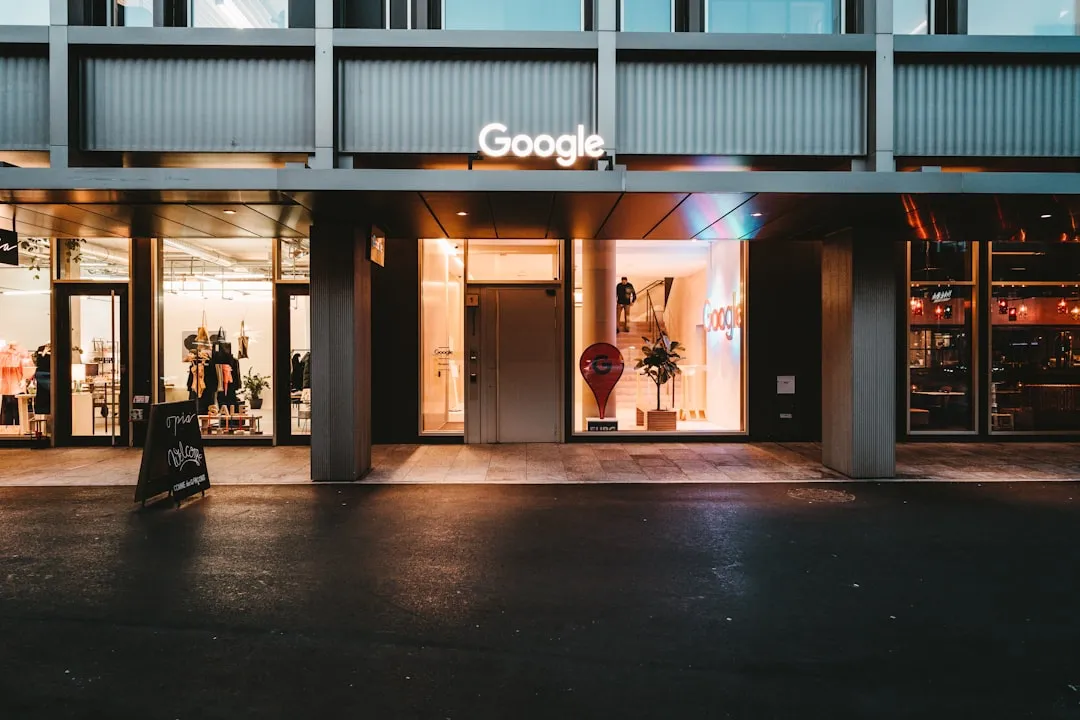




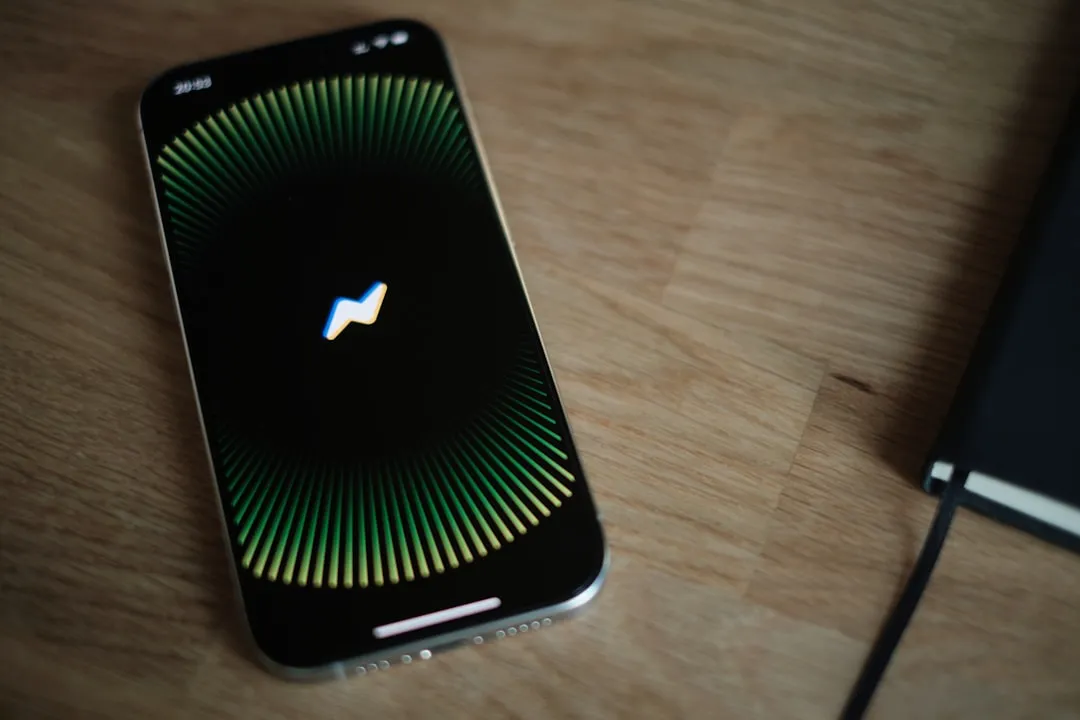

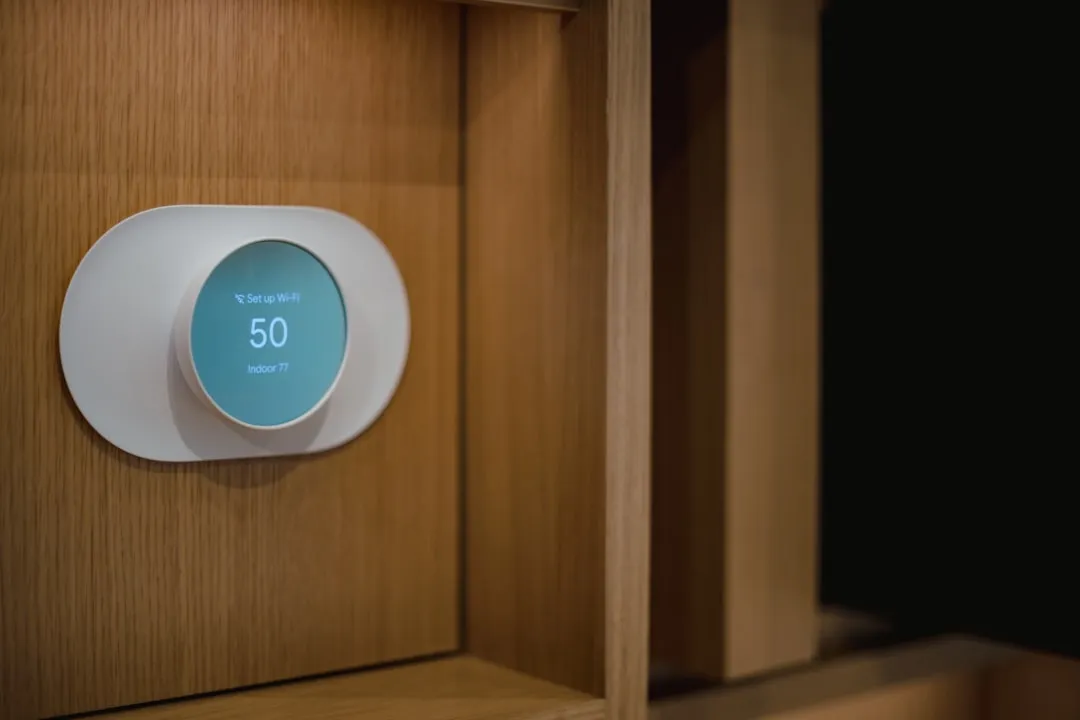

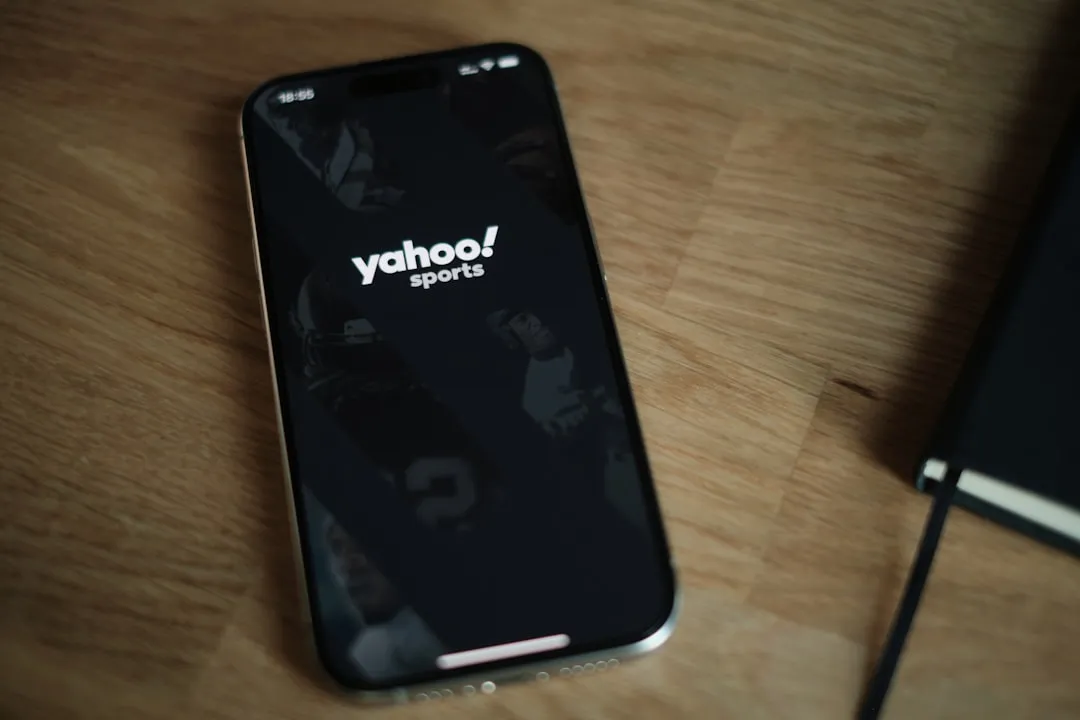
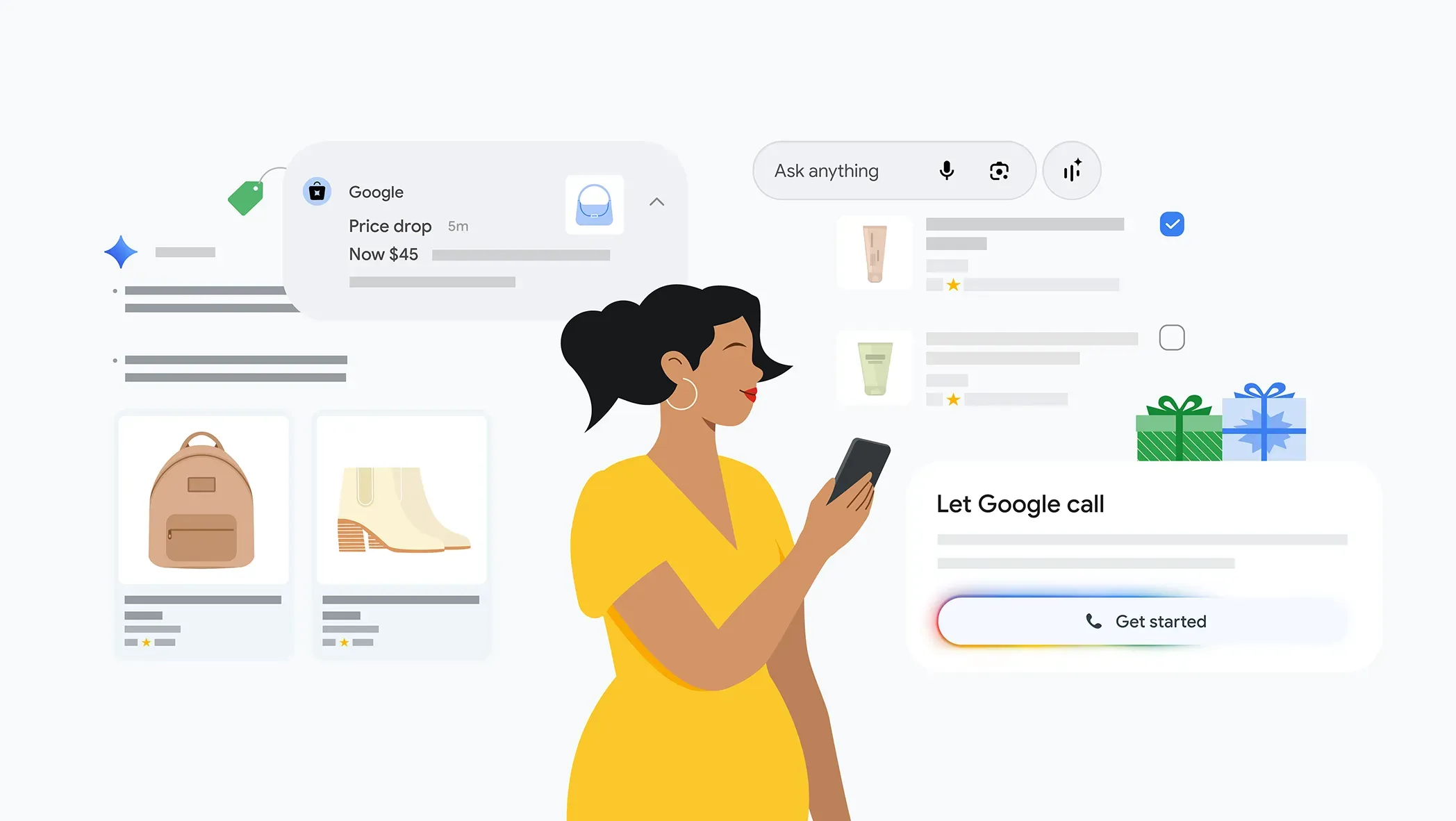
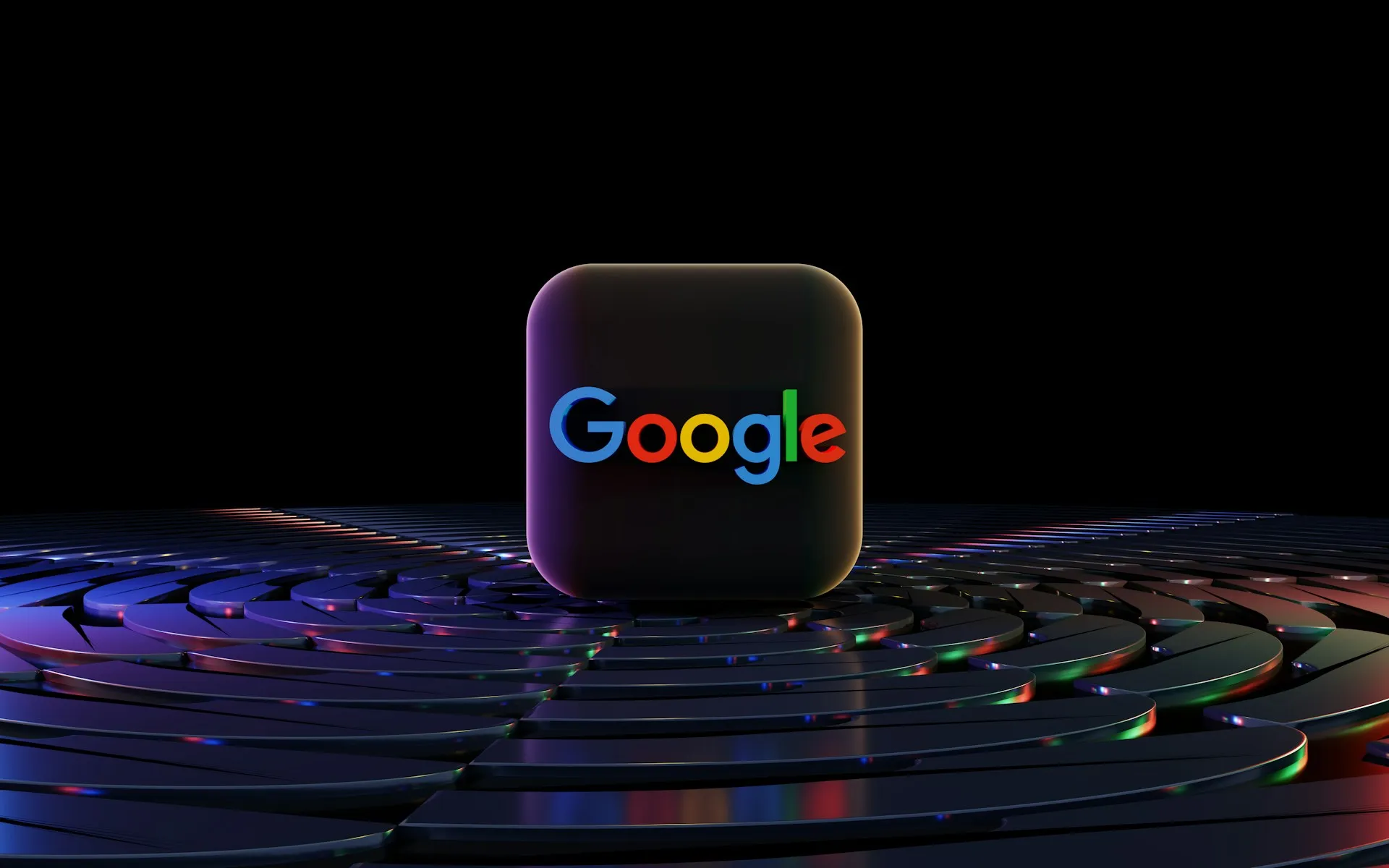
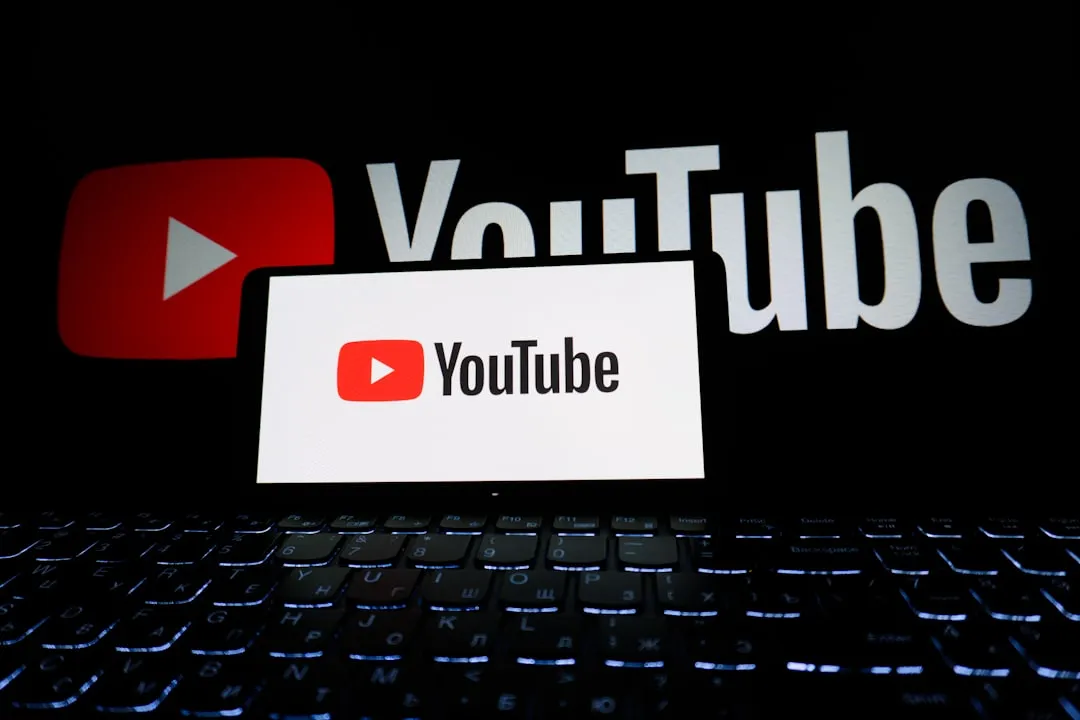

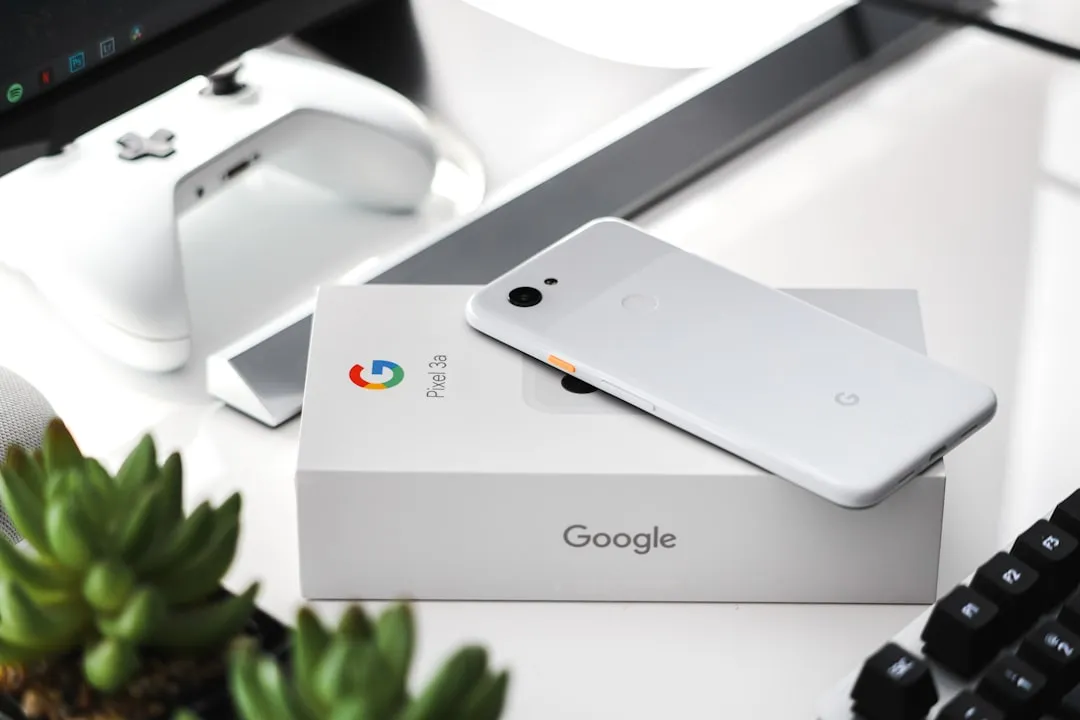

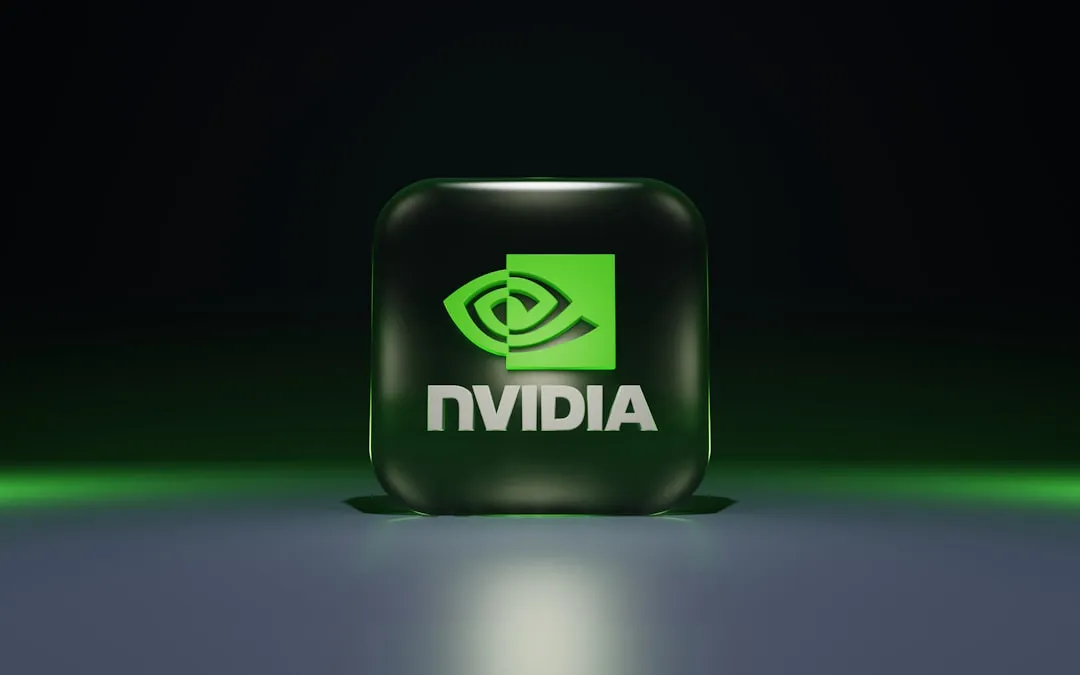


Comments
Be the first, drop a comment!